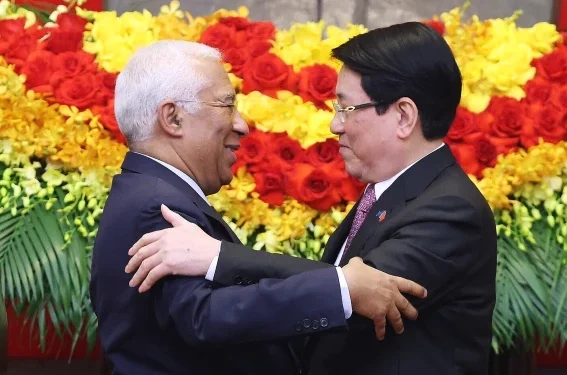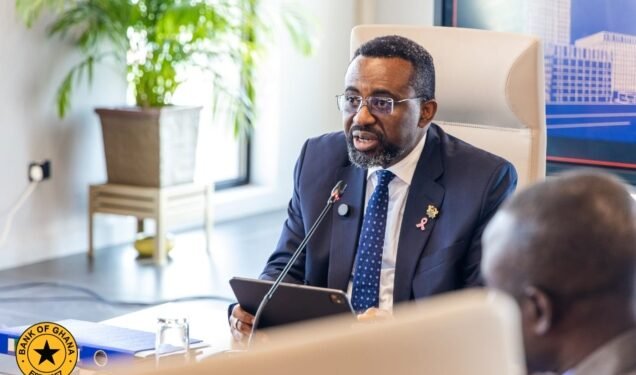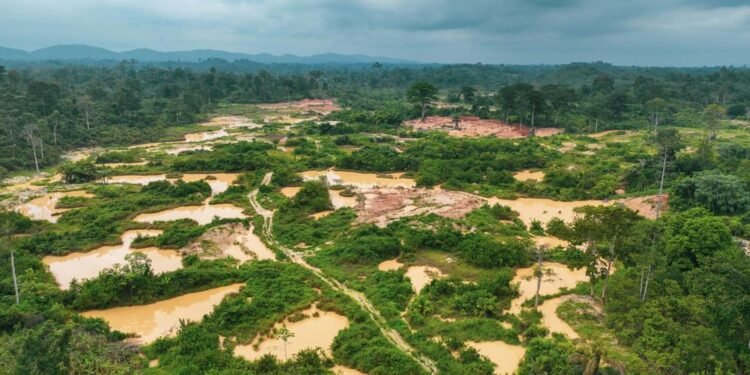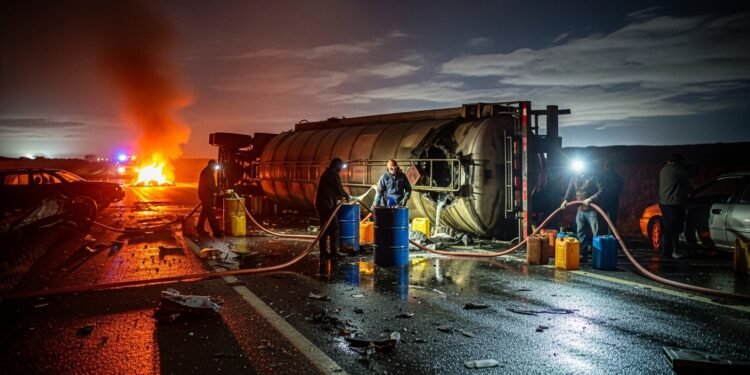The recent past Head of Research at the Chamber of Bulk Oil Distribution (CBOD), Mr. Dennis Dei-Tutu, has opined that, though it is overt that government is committed to the Paris Agreement through the Ghana Nationally Determined Contribution (GH-NDC), government should not hasten in its energy transition agenda.
Speaking in an interview, he intimated that, the switch from the use of fossil fuels as a primary source of energy to the use of cleaner energy sources, pose a major threat to the quest for industrialization not only in Ghana but other developing countries whose energy demand is primarily met by the relatively cheaper fossil fuels.
His comment comes on the back of series of advocacies by developed countries in Europe such as Germany, Norway and Northern America championing the quest to switch from the use of fossil fuel as energy source to the use of clean energy such as renewable energy. All with the motivation to combat climate change.
He averred that, the broader implication of this switch may be the possible loss of jobs, or the incidence of job obsolescence, adding that, the switch to cleaner energy will also erode petroleum receipts and negatively impact the country’s budgets which is significantly funded by oil.
“Because of environment sustainability and basically climate change, it is important to move away from fossil fuel to cleaner energy in order to reduce greenhouse gases (GHG) emissions. However, it is equally important how government go about this. Government should not rush with this. The process should be gradual. This is because our energy use depends largely on fossil fuel and secondly huge revenue is derived from its commercial production. Therefore, attempting to suddenly shift from fossil fuel to renewable energy may have huge implications on the economy.”

He further argued that, the development of these developed economies was largely stimulated by fossil fuel production and consumption, hence developing countries should also take advantage of the abundant fossil fuel resources at their disposal to develop else these resources will become stranded assets if they hurriedly transition to renewable energy sources.
“The likes of UK, Russia, US, Germany etc become world powers because of their commercial exploration of fossil fuels – coal, gas, crude oil. Though, it is important to reduce carbon dioxide emission globally, it is imperative to know that most developing countries like Ghana are battling with other challenging issues such as unemployment, bad roads, limited health facilities, public debt, poor sanitation etc., and huge resources are needed in tackling some of these things.”
Nevertheless, the energy tycoon also intimated that total carbon emission in New York is higher than that of the entire sub-Sahara Africa whose emission is less than 3%, and that of Ghana is negligible. Therefore, Ghana should not rush in its quest to reducing carbon emission as expressed in its commitment towards the Paris Agreement.
The Paris Agreement 2015, is a consensus built by 189 countries to keep the increase in global average temperature to well below 2oC above pre-industrial levels; and also, to pursue efforts to limit the increase to 1.5oC by 2050, recognizing that this would substantially reduce the risks and impacts of climate change.























